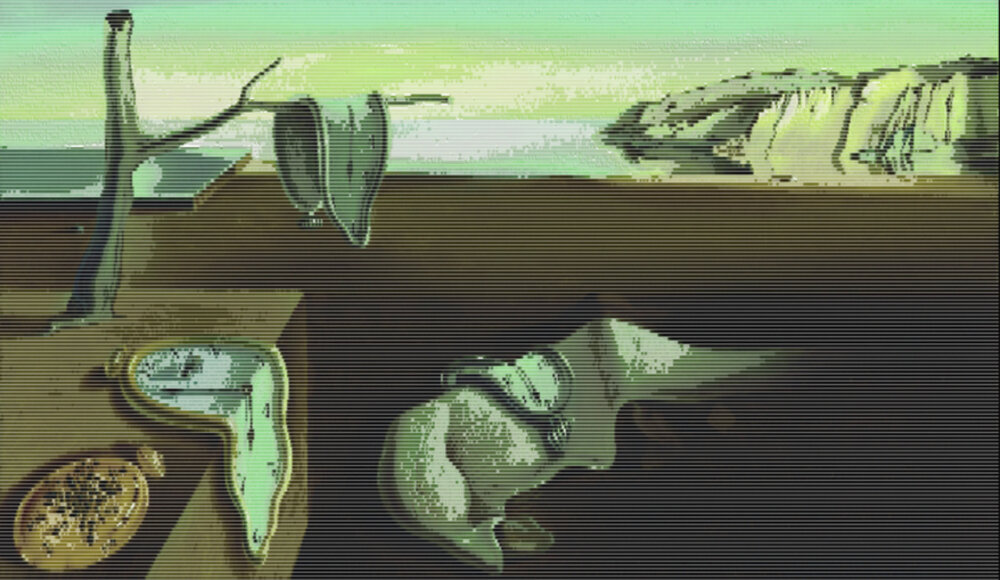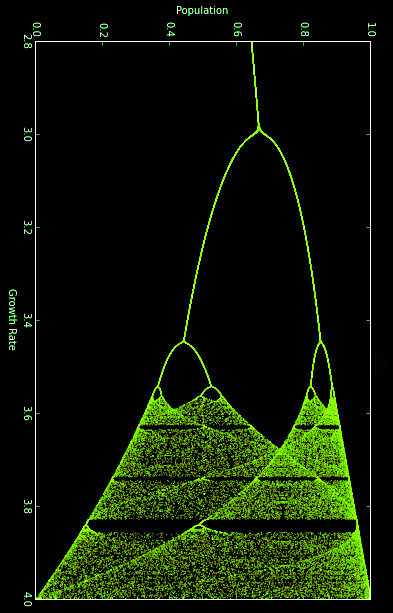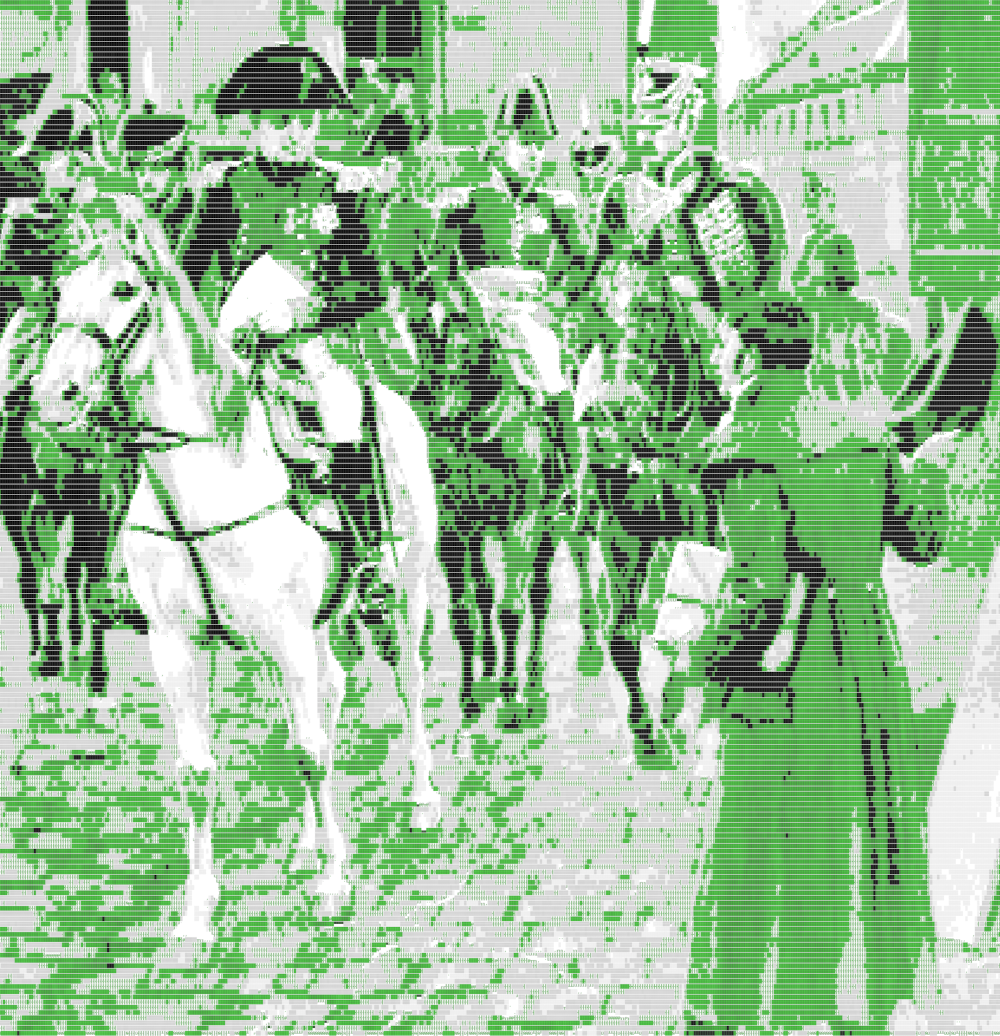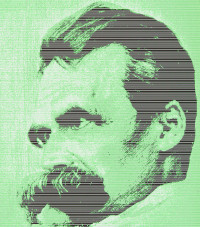The Direction of Time
§0 A Black Box
0.0 When anything happens there is a tendency to immediately give the occurrence an explanation and then to say “it was obvious wasn’t it, we should of done this or that and it would have all turned out very differently”. But but when building off of these explanations for predicting future events we often find ourselves surprised on how things actually play out. An indicator that many of our mechanical explanations may be merely ‘just-so-stories’
0.1 Small errors in measurement or computation ― gaps in understanding ― can butterfly the possible directions the future can take. Output has some variations from what is expected from an input. Initial variation from what is expected influences other events cascades to a much different outcome that was originally expected: the behavior of a chaotic system (e.g. a double pendulum).
0.2 Leaving some issues as a ‘black-box’ ― focusing on emergent behavior over internal mechanics and workings ― is sometimes more appropriate. Most fair better with index funds than manually picking stocks. The acknowledgement that Adam Smith’s ‘invisible hand’ ― or the hand of God ― is a goose that lays golden eggs that is sometimes not understood or improved upon by dissecting it .
0.3 Abstractions are not hinged on how smaller parts could have come together to produce them; are of no need to be coherent with lower levels. Chemistry and biology would remain largely unchanged if the laws of physics were overturned. Often with mechanical causality ― the observation of flashes (of something), seeing patterns (of something) ―the telling of fairy tales so that some can sleep at night.
§1 The Direction of History
The next four stories begin while the past two are playing out.
Some say that they are headed in a direction.
"…up or down perhaps forewords or backwards if not a combination…"
Others say that the are not heading in one direction but several.
They wrestle with each other and organize into larger narratives.
Who knows how the future will change the past?\
1.0 Control of the future may be accomplished by removing some of the variability? Quota’s, procedure, reports; rows of soldiers marching in sync. Only allowing certain acts and imposing order. Part of the folk ― the völk ― and war machine?
1.1 But empires rise and fall, buildings crumble and nations fade. Perhaps the only stories that want to talk are the ones that we can talk to over lunch or can call over the phone ― daily people in our lives ― and so are the stories that should be focused on. Even if they also don’t talk to us all the time (hang up on occasion).
![]()
1.2 The broadest direction of the story evades analysis even before it could be decided if a course correction was necessary or what wars should be fought in the name of it. Countless put their lives on the line with confidence on its direction ― armed with reason, scientific models, will ― become baffled by the twists and turns that the story ends up taking. ‘Black swan events’― acts of God ― override trends thought certain and fixed. But with this uncertainly comes the possibility of new paths that are incomprehensible at the present; new complications and behavior. The birth of new directions to explore. The emergence of new creation.
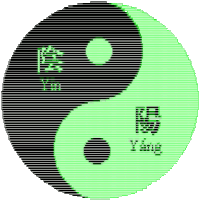
1.3 Light was separated from darkness ― chaos was ordered (did it order itself?)― and dust emerged. From dust ― life eventually crawled its way out of the abyss. Collections of life were organized to create the plants and the animals. A few of the animals found words (and the word!) within themselves and so was born stories and narrative. The narratives combined into something greater and much more terrifying than themselves also.
1.4 Smiles and small acts of love and creation towards the individual ― acts of the microcosm ― still go further than they are given credit for. The grand narratives ― acts of the macrocosm, meta-narratives, or God ― is a living breathing creature that has a free will of his own.
§2 Man & God! ✧
“I say unto you: one must still have chaos in oneself to be able to give birth to a dancing star. I say unto you: you still have chaos in yourselves. Alas, the time is coming when man will no longer give birth to a star. Alas, the time of the most despicable man is coming, he that is no longer able to despise himself. Behold, I show you the last man. ‘What is love? What is creation? What is longing? What is a star?’ thus asks the last man, and blinks.”
― Nietzsche, Thus spoke Zarathustra
2.0 What choices Man takes must remain emergent ― not reducible to neurons or drives.. Not knowing exactly how the gears of the mind comes together leaves room for individual accountability as people have to be dealt with as an wholistic entity or system rather than simply as a sum or parts or drives that could be engaged with directly. If individuals could be controlled by the right balance of chemicals or stimulation why care at all on what they have to say in person?
2.1 Man, defined by his ability to impose some of his agency or will on the world will remain in existence only as long as it remains impossible to reduce what imparts movement in him to a clockwork universe. Impossible to reduce Man to atomistic explanations of how his mechanical processes must come together. Agency requires the future to not yet to have been written.
2.2 A trolley problem? There is to limit knowing where this train is headed and what is ahead of us ― parts of the track remain obscured ― but the fact that this is the case enables us to choose a new direction after new parts of the track become visible. A reality where it’s not possible to calculate ones death from ones birth is also a world where Man’s agency functionally exists.
2.3 The unpredictability and chaotic direction of the spirit or ordering ― the giest or logos ― of the universe is beautiful and the incorporeal nature of Mans will gives him a soul. God (the Father) in his greatness and larger story ― is not be grasped in his blinding entirety for that would take away from his beauty. He has (by his grace) given us a little control of our lives and has yet to return us to dust. Has yet to fold us completely into a larger creature?
1 Salvador Dalí - The Persistence of Memory 1931. 2 A graph from one of Geoff Boeing essay's (Bifurcation diagram for the logistic map). Hegel meets Napoleon in Jena. 3 Yīn & Yáng gif. 4 Hacker Glider Emblem 5 Hans Olde, Portrait of Friedrich Nietzsche, 1899. 6 CGI image (artist who made it is called "DKosig" on istock).
